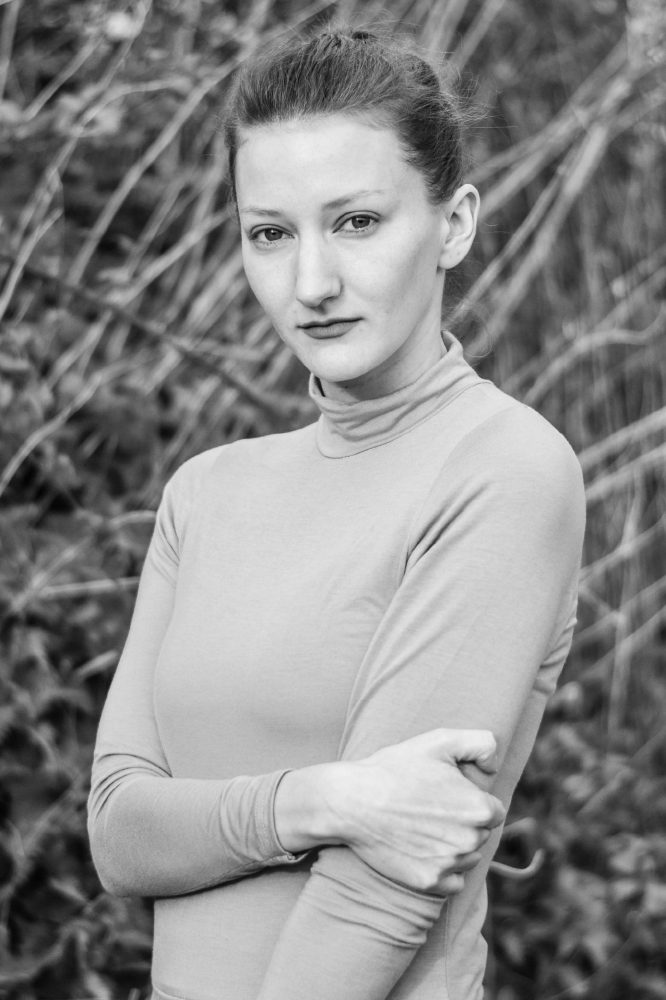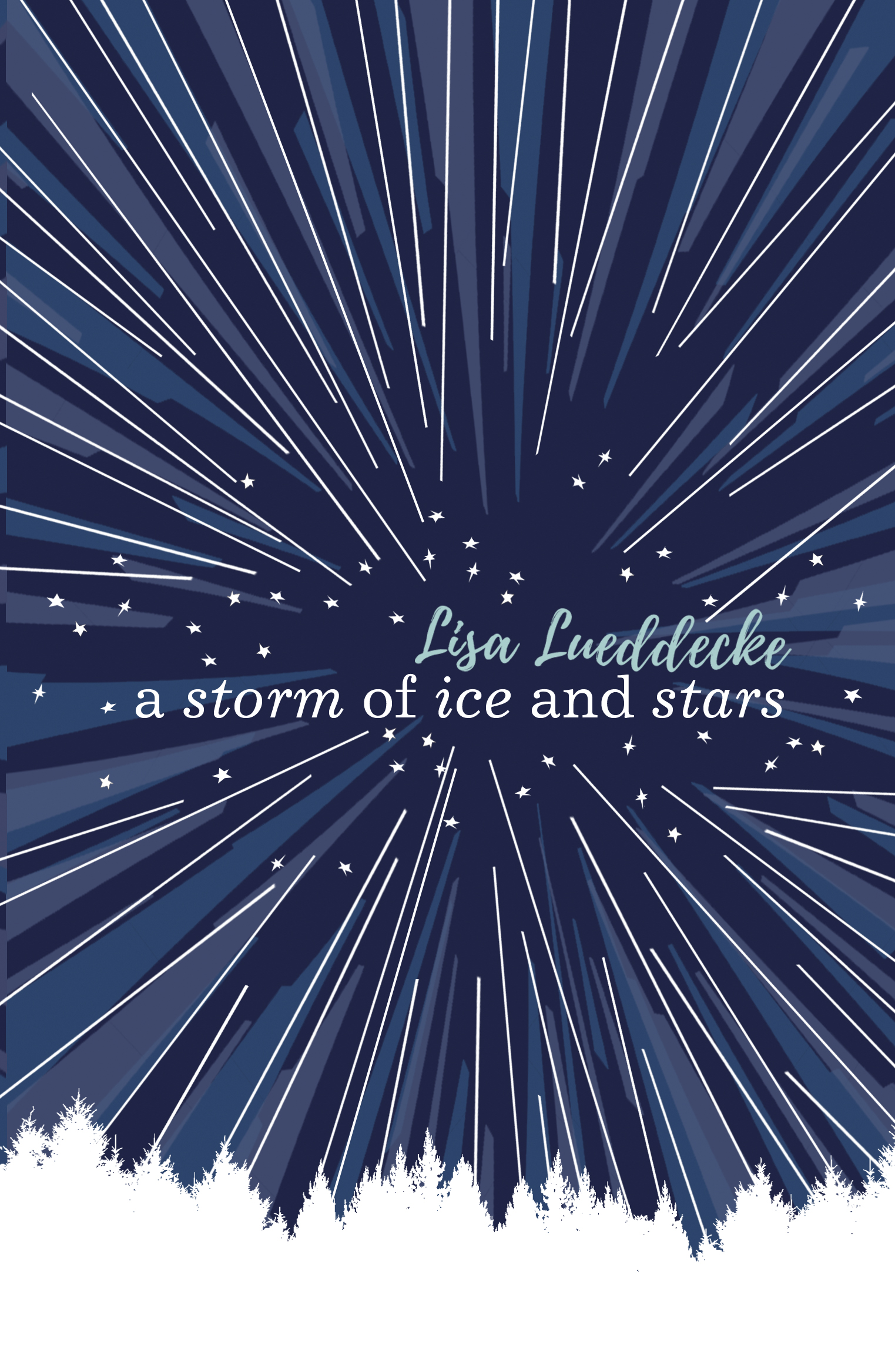The thing about OCD is that it’s different for everyone. By now, most people will have heard at least one of the many jokes about it circulating in everyday talk, movies, etc. “I hate laundry being on my floor. I’m so OCD.” “You have OCD? Please come over and clean my house.” They go on and on. While, personally, I’ve heard so many that I’m almost anesthetised to them, they take away from the seriousness that people with OCD face. OCD is the butt of almost everyone’s joke, but it was never funny.

Lisa Lueddecke writes for Female First
It has been a part of my life since I was a small child, but I didn’t know what it was until a little later in life. It would start to hinder me in things like school, or when I just wanted to read a book, or when I started cooking. If I tried to focus on something for any given amount of time, that voice would pop up in my head, asking if I had turned off the oven, even though I knew I had, or telling me to scrub every dish as I went along with cooking. And then, when I started writing in earnest and thought that it would make a wonderful career for me, it got worse. I’ll just sit down to write, but, no, my desk is disorganised. Actually, my room is pretty disorganised, I’ll see to that first. Did I turn off that burner after I made breakfast? I’ve already checked once, but let me just check it again. My coffee isn’t exactly the temperature I like it. I’ll just heat it up again.
A lot of this might just seem like general procrastination, but in reality, it comes with a sense of urgency. I have to do the thing, or I can’t carry on. As a child, prior to learning more about it, I used to refer to it as “the impossible feeling.” Impossible to ignore, or overcome. A sense of drowning, sometimes, and not being able to swim.
When I’m anxious, my OCD is always worse. It was as if the idea of writing somehow made me anxious, despite it being something that I loved to do, so my brain would start finding ways to stop me. To distract me. To give in to compulsions and break up the flow of inspiration that I always require to write. Like it knew that if the scene or the story I was about to write didn’t come out exactly as I saw it in my head, I would be letting myself down, so it was better to just never start.
For me, this has been a difficult thing to combat. I have tried a few different methods to focus on being able to write for any decent amount of time, and so far, the one thing that has truly worked for me is setting timers. You would think that the time pressure of a twenty minute countdown would stress me out, but I find that I can tell my brain that whatever else it wants me to do can wait for only twenty minutes. It’s not that long. So I try to write in those short bursts, seeing to whatever I need to see to in between, and this has become a daily habit of mine. I’ve found that I can apply this method to other things in life, like chores, or taking walks, or anything that can reasonably be done in twenty minutes.
I’m lucky to be older, and many of the jokes and unkind comments from children who have witnessed me doing “odd” things have passed, but OCD is still very much a part of who I am. It will likely be with me forever, but I love that I’ve found ways to work with it, and to work around it. It doesn’t hold me up as much as it used to, and I’ve come to just accept this part of my life, rather than trying to avoid it or cover it up. When I finally get to hold finished copies of my books, I find myself getting extra emotional, knowing how much went into making it real. And then, full of inspiration, the process starts all over again.

A STORM OF ICE AND STARS by Lisa Lueddecke is out now in paperback (£7.99, Scholastic).

